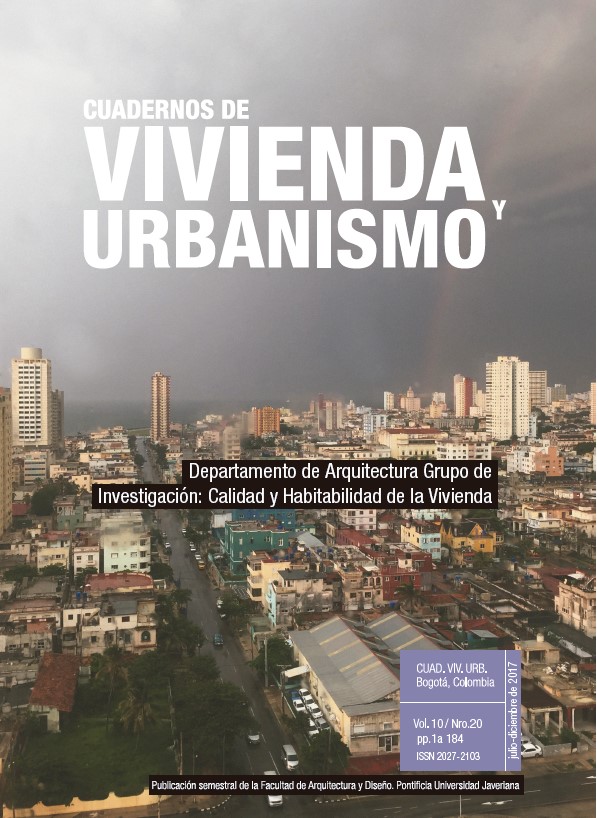Abstract
The main forestry companies in Chile have their management hubs in the Biobío region. From there, they deploy programs and design actions that make evident the current convictions of the business world regarding the territory and its uses. We propose as an objective to examine the way in which the entrepreneurial imaginaries of the capitalist city are installed and expanded here, favoring an ideological and cultural motor of the current multinational capitalism. Based on an ethnographic methodology complemented with the data and scope of geography, we propose to describe this imaginary of the developed urban space, based on operational, political, and historical references. The results obtained reinforce the interpretation of the city transformations to the rhythm of the evolution of organized capitalism in the territory, due to the expansion of the forest industry.
This journal is registered under a Creative Commons Attribution 4.0 International Public License. Thus, this work may be reproduced, distributed, and publicly shared in digital format, as long as the names of the authors and Pontificia Universidad Javeriana are acknowledged. Others are allowed to quote, adapt, transform, auto-archive, republish, and create based on this material, for any purpose (even commercial ones), provided the authorship is duly acknowledged, a link to the original work is provided, and it is specified if changes have been made. Pontificia Universidad Javeriana does not hold the rights of published works and the authors are solely responsible for the contents of their works; they keep the moral, intellectual, privacy, and publicity rights.
Approving the intervention of the work (review, copy-editing, translation, layout) and the following outreach, are granted through an use license and not through an assignment of rights. This means the journal and Pontificia Universidad Javeriana cannot be held responsible for any ethical malpractice by the authors. As a consequence of the protection granted by the use license, the journal is not required to publish recantations or modify information already published, unless the errata stems from the editorial management process. Publishing contents in this journal does not generate royalties for contributors.


